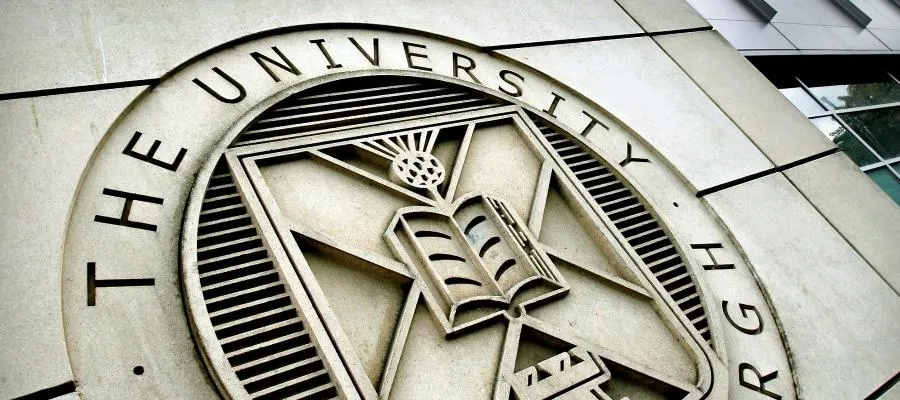
As one of the UK’s ancient universities, our 430-plus-year history is inevitably long and complex. We have lived through periods of war, social upheaval, pandemics, such as the current one, and have witnessed, and in many instances led, radical changes in societal norms. There is so much that we can be proud of: our many thousands of graduates; our world-leading research, including our 19 Nobel Laureates; our thought leadership role in the city, region and the world.
Inevitably there are some aspects of our history which are less glorious. I first became acutely aware of some of these when I was invited by the student organisers back in January 2019 to open the brilliant “UncoverEd” exhibition in the Crystal Macmillan Building. Some disturbing things said and done through the centuries by students, staff and alumni of the University in regards to race, Africa and Africans were highlighted therein. Issues of race, contemporary racism, Eurocentric and Afriphobic aspects of our curriculum and features of the University’s history, including those highlighted by UncoverEd, all deserve further inquiry. Following a powerful presentation to our General Council in June 2019, we committed to explore topics further. Gaps in access and attainment exist for people from black and minority ethnic backgrounds. Last year, some of our students and staff reported disturbing examples of racism, here and now in our University community and we promised action. Concern about equal opportunities of course includes aspects of gender equity as well: GenderEd has 143 of our academic staff on its database and the University of Edinburgh has contributed important research and education on this and on other protected characteristics.
In 2019, I appointed Professor Sarah Cunningham-Burley as a member of our University Executive to lead on issues of Equality Diversity and Inclusion (EDI) and last year the EDI committee established The Race Equality and Anti-Racist Sub-Committee chaired by Professor Rowena Arshad. The interim decision, forced in its timing by circumstances related to the Covid-19 pandemic, to designate the David Hume Tower by its postal address attracted criticism and high emotions. We had never intended for this issue to be taken in isolation but instead planned to include decisions around naming of buildings, including David Hume Tower, in a broader examination of the University’s relationship with its past – we are now addressing this in earnest. The existential threat posed by said pandemic has necessarily and appropriately taken precedence in the senior management team’s priorities during 2020, but our commitment to throwing light on our past has remained resolute. I am now in a position to announce some details of how we are going to do that.
Edinburgh’s work in this area will be sector-leading, will be conducted with integrity and will strengthen us as a global institution. It will be academically led: we have distinguished scholars on issues of race and racism, on Hume, the Enlightenment, and so much more.
I am delighted that Sir Geoff Palmer, our alumnus and a respected figure on issues of race and racism, has agreed to chair the Steering Group and that two of our academic staff with relevant expertise, Professor Tommy J. Curry and Dr Nicola Frith have agreed to co-chair the research and engagement group which will define and lead the areas of inquiry. Together with others drawn from inside and outside the University, this group will lead a wide consultation and prepare a report for the University Executive listing reparatory recommendations derived from communities of interest within and beyond our walls. I am grateful to them for leading a piece of work which can set standards for our future. There will undoubtedly be areas of controversy, shock and discomfort. The University of Edinburgh will benefit from an honest, factual and evidence-based analysis of the lessons we can learn from our past. We want to be a University open to all, one that is proud of our many achievements, realistic about the fact that we have not been and will never be perfect, and determined to improve ourselves as well as to improve the world more generally.
Professor Peter Mathieson
Principal and Vice-Chancellor of the University of Edinburgh

